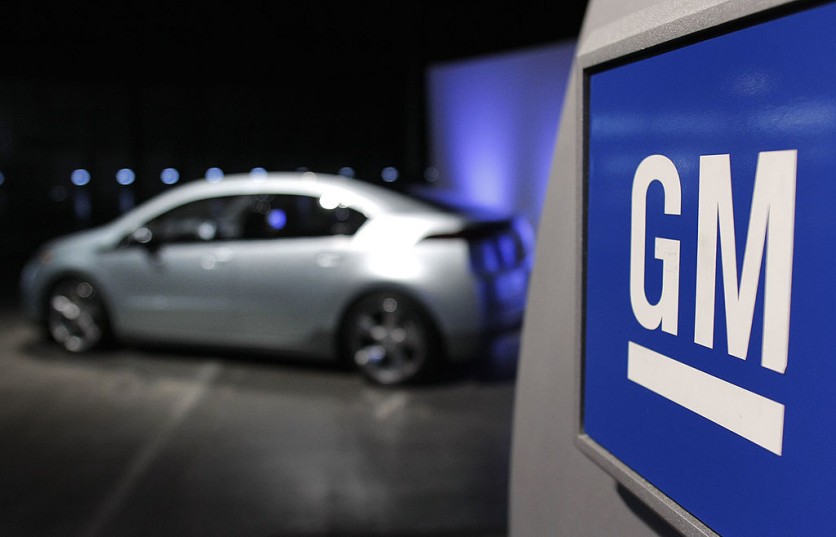
General Motors (GM) announced on Tuesday that it will record a $1.6 billion charge in the upcoming quarter following the Trump administration's rollback of federal electric vehicle (EV) incentives and relaxed emissions standards — a move that has shaken the US auto industry.
The automaker confirmed in a regulatory filing that the charges include $1.2 billion in non-cash impairment costs tied to EV production capacity changes and $400 million related to contract cancellations and other commercial settlements connected to its EV investments, Reuters said.
Shares of GM fell nearly 2% before the market opened Tuesday. The financial hit follows the end of the US clean vehicle tax credit program, which previously offered buyers up to $7,500 for new EVs and $4,000 for used ones.
Without those incentives, GM expects EV sales to decline in the near term.
"The charge is driven by our expectation that EV volumes will be lower than planned because of market conditions and the changed regulatory and policy environment," the company said in a statement.
The Trump administration's decision to scale back environmental regulations also includes easing tailpipe emissions rules and blocking federal funds for EV charging infrastructure.
The president has opposed California's plan to ban new gas-powered vehicle sales, arguing that automakers should not be forced to abandon gasoline models.
BREAKING: General Motors issues profit warning - $1.6 billion hit from EV overcapacity. @GM
— AJ (@alojoh) October 14, 2025
GM just filed a form 8-K informing that it "approved charges of $1.6 billion in GM North America in the three months ended September 30, 2025".
GM expects it will be unable to sell its… pic.twitter.com/Ms16S6Rvaj
GM Reevaluates Electric Future
For GM, the policy reversal marks a sharp shift from its recent years of heavy investment in electric mobility.
According to AP, the Detroit-based automaker had previously committed $27 billion toward electric and autonomous vehicles by 2025, aiming to make over half of its factories in North America and China capable of producing EVs by 2030.
CEO Mary Barra has long championed GM's electric future, once predicting that the company would outsell Tesla in the US by mid-decade.
GM also pledged to make the majority of its vehicles electric by 2035 and to reach carbon neutrality by 2040.
However, the latest policy changes are forcing automakers to reassess their strategies.
"The automakers who focused more on hybrid development, such as Toyota and Honda, are better positioned in the US market right now," said CFRA Research analyst Garrett Nelson.
While GM's realignment will not affect current electric models — including the Chevrolet Blazer EV, GMC Hummer EV, and Cadillac Lyriq — the company cautioned that additional charges may be recorded as it evaluates production and demand in a changing market.
Originally published on vcpost.com




